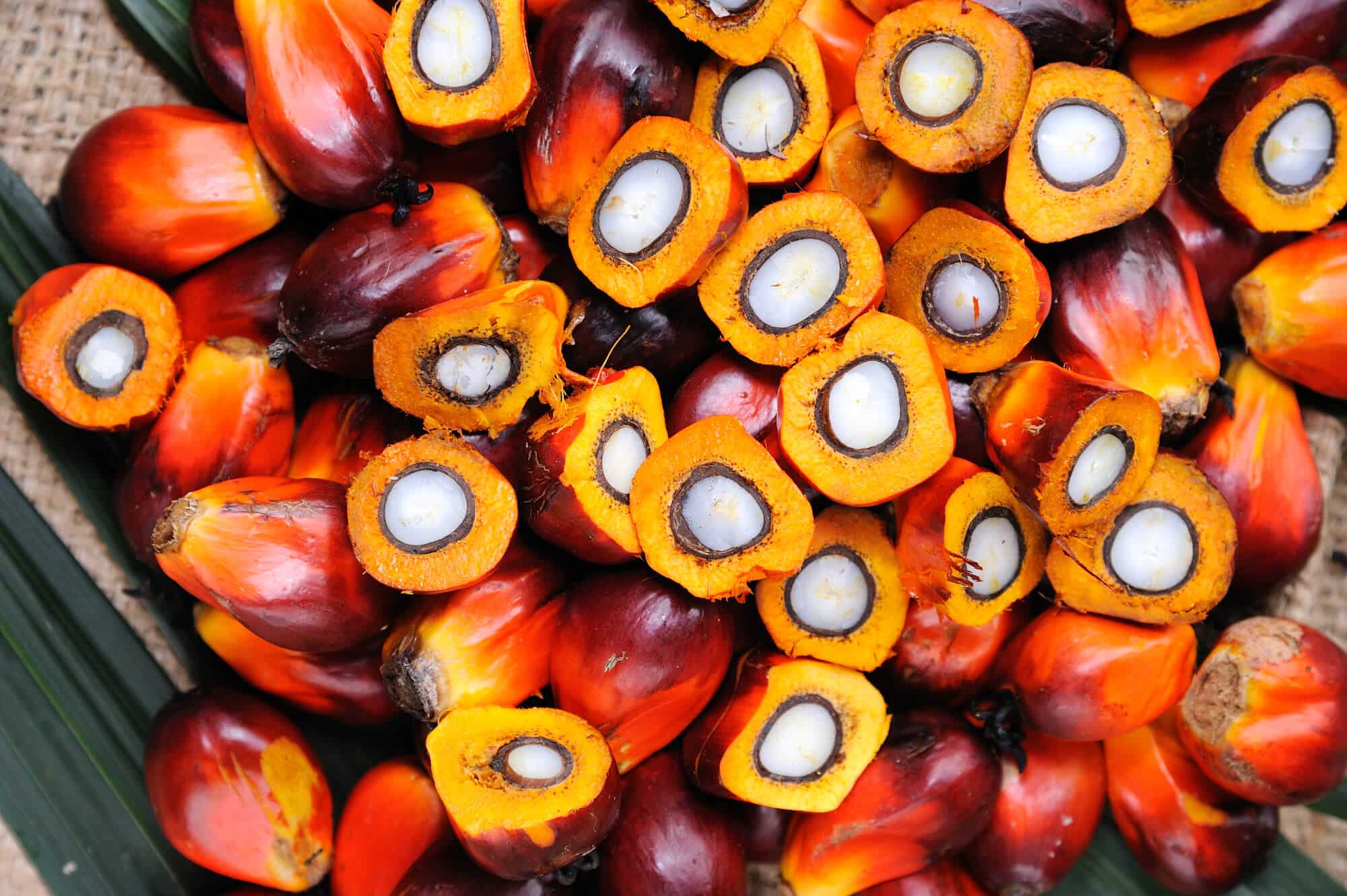Is the European Union's push for biofuels causing deforestation on a massive scale

Is Europe "green" at the expense of equatorial forests in the world?
About thirty years ago, a group called (T&E) Transport and Environment was established in Europe, which set itself the goal of bringing Europe to the use of emission-free transportation. In this group there are researchers and scientists from various fields and it has connections with environmental organizations all over the world. The organization recently published a study that describes the harm of using biofuel - fuel from plant sources.
The main crops from which oil used as biofuel is produced are soybeans and oil palm. In recent years, forests have been cut down in vast areas to make room for these crops. The growth of soybean fields is a main factor in creating forests in the Amazon in Brazil and in many other areas where there is a sensitive environment that is in danger, which undoubtedly contributes to global warming and climate change.
The European Union's ambition to promote the use of biofuel led to the creation of forests in an area of about 35,000 square kilometers in the last decade, and in their place there are now soybean, oil palm and other crops to produce oil for fuel, according to a recently submitted T&E report. An additional 40,000 square kilometers have been created mainly in Southeast Asia and South America since 2011, including 10% of areas that are the remains of the home of the orangutans.
Paradoxically, the effort to replace polluting fuel with biofuel causes an increase in greenhouse gas emissions. "In fact, a policy aimed at saving the environment causes destruction, it must not continue in another decade like this!" says the spokeswoman of the organization
The report analyzes the biofuel industry and consumption data according to reports by: Oil World, Stratas Advisors, Eurostat. It was found that the European market needs fuel that originates from 12,000 square kilometers of oil palm plantations in Southeast Asia, and 28,000 square kilometers of soybean fields in South America.
Since 2018, the use of soybean-derived biodiesel in the European Union has increased by 34% and palm-oil-derived biodiesel by 44%. In 2020, the amounts of biofuel derived from soybean oil increased by 17% and biofuel derived from palm oil by 4.4%.
It is not clear whether the decision to stop the use of palm oil in transportation has been implemented
Although already in 2018 following criticism of the use of palm oil originating from forest areas in Boro, it was agreed in the European Union to stop the use of palm oil for transportation purposes, it was not possible to get a response from the spokesperson of the European Union on these data.
The study shows that the emissions in the production of biofuel from soybeans (from the field to the engine) are slightly lower than those from oil palm, but when you calculate the direct and indirect emissions caused by deforestation, it turns out that both types of biofuel cause emissions that are twice as high as diesel.
The growth of soybean fields is a major factor in the deforestation of the Amazon and other habitats, which accelerates the climate threat due to the disappearance of carbon-absorbing trees. The continuation of the EU's biofuel policy will result in excess emissions of 173 million tons of carbon dioxide by 2030, which is equivalent to an additional 95 million cars on the road each year. In 2020 following the closures, the use of mineral fuel decreased but the use of biofuel increased. The good news is that the Union intends to reach by 2030 a situation where a quarter of the means of transportation will be powered by "renewable" fuel, including electricity, hydrogen and biofuel produced from waste, "and to the forests of Goel".
When writing about the use of green energy, it is worth noting the helplessness of Israel, blessed by the sun, which not only does not succeed in being cured of dependence on mineral fuel for electricity production, but continues to develop polluting means of production and develops economic ventures whose implementation may create air pollution at sea and on land... and that's a shame!
Perhaps now, after the unprecedented and deadly floods in Western Europe and the realization that the climate crisis is worsening, the transition to green energy will accelerate - but really green.
More of the topic in Hayadan:

2 תגובות
My understanding is that it should be written in ero afforestation and not in afforestation.
The state benefits from the taxes on the fuel, it will not be willing to give up this income unless we find a similar or higher replacement income.